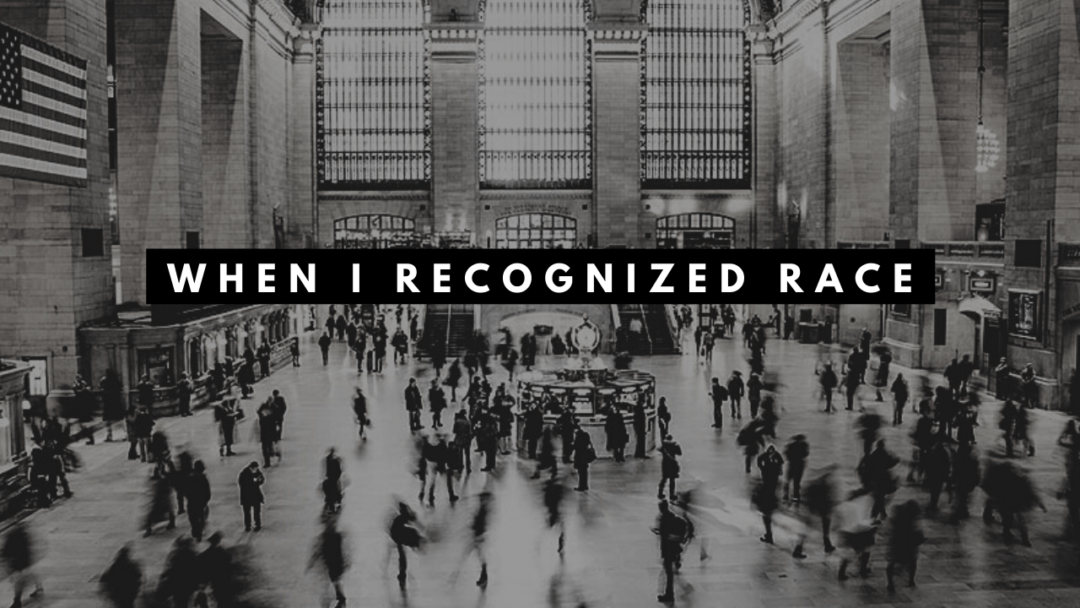Editor’s Note: This post is a part of a series called, “When I Recognized Race” in which brothers and sisters share about how they came to grapple with the realities of race and racism. The point of this series is not to convey, “Look at how racially conscious I am!” Rather, the point is to help brothers and sisters learn how to learn (or how not to learn) about race and to lament the realities that makes it necessary to learn. And yet God gives more grace. So, these posts are part testimony and part lament.
Isaac, my partner in crime at United? We Pray likes to introduce me as his backwoods redneck friend, or something like that. He’s not completely wrong. But it was not always so. When I was six years old, my parents moved me and my sister to Nepal, where we lived for three years. After our term on the mission field, we returned to where my family has lived for generations – the Shenandoah Valley in Virginia.
Known as the breadbasket of the South, the Valley is farm country. During the Civil War, Union General Philip Sheridan tried to burn it to the ground to destroy its valuable contribution to the cause of the Confederacy. Feelings of resentment persist to the present day for Valley residents. Most of the high schools in my home county, including the one from which I graduated, are named for Confederate Generals.
Shortly after returning from Nepal, my rural elementary school took a field trip to a civil war battlefield. My parents had given me a few dollars to spend in the gift shop, which had shiny commemorative belt buckles bearing the initials of either the United or Confederate states. As I held both, I opted for a US belt buckle.
When I arrived back at school wearing a US belt buckle, I was public enemy number one, which caught me completely by surprise. I was born in the same place as my friends, but we had different experiences with race and culture. My friends could not believe I would betray the South in such a way. I objected that the South had supported slavery. My friends retorted that the war was not about slavery but about states’ rights (these are nine year olds). Confused by the conversation and hurt by the rejection, I went home to talk to my dad.
I repeated my friends’ arguments to my father. His family had called the Valley home for hundreds of years. He would be able to sort this out for me.
My dad listened. He acknowledged that the war, its causes, the way it was fought, and what happened afterward were all complicated. He then explained that, despite all these complications, we can never forget that the South did support slavery and was so committed to it that it would fight for it. No matter what else is true, he said, there was no getting away from that. If what we’re doing is comparing evils, there wasn’t a worse evil than slavery. You don’t want to be on the side supporting that worst of evils.
I still remember this conversation over twenty years later. The clarity of my dad’s reasoning sorted things out for me. I went to the school library and got everything I could on the civil rights movement (I was a weird nine-year-old). I rejected the lost-cause narrative pushed by my friends and even my teachers – insisting that the war wasn’t about slavery, that slavery wasn’t that bad, and the leaders of the South were noble heroes. That made me odd amongst my peers, but that was OK.
I wonder sometimes how my life would have been different if I had not missed those formative years growing up in the South. I wonder what effect having friends of so many countries and cultures as a young boy had on me. I wonder how my life today would have been different had my dad not answered so wisely.
Narrative is so powerful. The stories and explanations we tell ourselves and our children are key to understanding the world around us. We must take great care to examine all our narratives by the light and logic of God’s word.
Prayer Requests:
- Praise God for faithful parents who teach their children well (Deut 6)
- Pray that God would give His people wisdom to sort out difficult, tangled truths
- Pray that more conversations that reveal the deficiencies of false narrative












